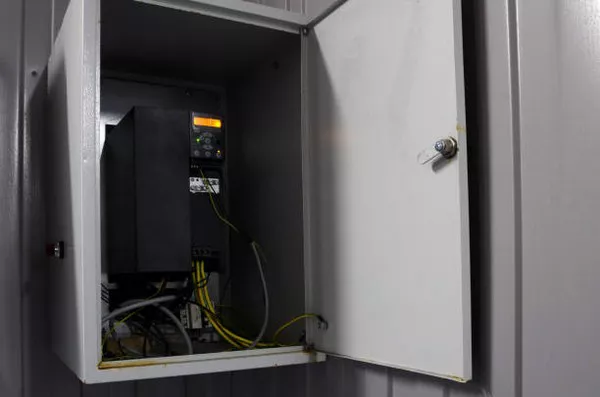In times of power outages or emergencies, having a reliable generator can be a lifesaver, ensuring that essential appliances, such as refrigerators, continue to operate. Selecting the right generator size for your refrigerator is crucial to maintain food safety and prevent spoilage. In this comprehensive guide, we will explore the factors influencing the choice of generator size and provide valuable insights to help you make an informed decision.
Understanding Power Requirements
Refrigerators vary in size, model, and energy efficiency, making it essential to understand their power requirements before selecting an appropriate generator size. The power consumption of a refrigerator is typically measured in watts or kilowatts and can be found on the manufacturer’s label or in the user manual.
To determine the starting and running wattage, which are crucial for selecting the generator size, consider factors such as the refrigerator’s motor and compressor. The starting wattage accounts for the initial surge of power required to kickstart these components, while the running wattage represents the continuous power needed to keep the refrigerator operational.
Calculating Starting and Running Wattage
To calculate the starting wattage, multiply the running wattage by two. For example, if your refrigerator has a running wattage of 400 watts, the starting wattage would be 800 watts (400 watts x 2). This calculation ensures that the generator can handle the initial power surge when the refrigerator’s motor and compressor start.
Additionally, it’s essential to account for other appliances connected to the generator simultaneously, as their combined power requirements will influence the overall generator size needed. Consider items like lights, chargers, or a microwave that may be connected during a power outage.
Generator Sizing Guide
Now that you have determined the starting and running wattage for your refrigerator, follow this generator sizing guide to ensure a seamless and reliable power supply:
Match Generator Size to Starting Wattage: Select a generator size that meets or exceeds the starting wattage of your refrigerator. This ensures the generator can handle the initial power surge without overloading.
Consider Additional Appliances: If you plan to power other essential appliances simultaneously, factor in their starting and running wattage to determine the total load. Choose a generator with a capacity that accommodates the combined power requirements.
Opt for Inverter Generators: Inverter generators provide a stable and clean power supply, making them ideal for sensitive electronics like refrigerators. They regulate voltage fluctuations, ensuring your appliances receive consistent power.
Choose a Portable or Standby Generator: Portable generators are versatile and can be moved around as needed, while standby generators are permanent installations designed for automatic operation during power outages. Consider your preferences and usage scenario when selecting the generator type.
Check Fuel Efficiency and Runtime: Evaluate the generator’s fuel efficiency and runtime, especially if you anticipate prolonged power outages. Choose a generator with a fuel capacity that aligns with your needs and consider fuel types such as gasoline, propane, or diesel.
Factor in Elevation and Temperature: Generators may experience reduced performance at higher elevations or extreme temperatures. Adjust the generator size accordingly to ensure optimal operation in your specific environment.
See Also What Size Generator To Run Refrigerator And Freezer
Conclusion
Selecting the right generator size for your refrigerator involves careful consideration of the appliance’s power requirements, simultaneous appliance usage, and environmental factors. By following the guidelines outlined in this comprehensive guide, you can make an informed decision to safeguard your perishables during power outages. Whether you opt for a portable or standby generator, prioritize reliability, fuel efficiency, and the capacity to meet the combined power needs of your essential appliances. A well-chosen generator will not only protect your food supply but also provide peace of mind in times of unexpected power disruptions.

